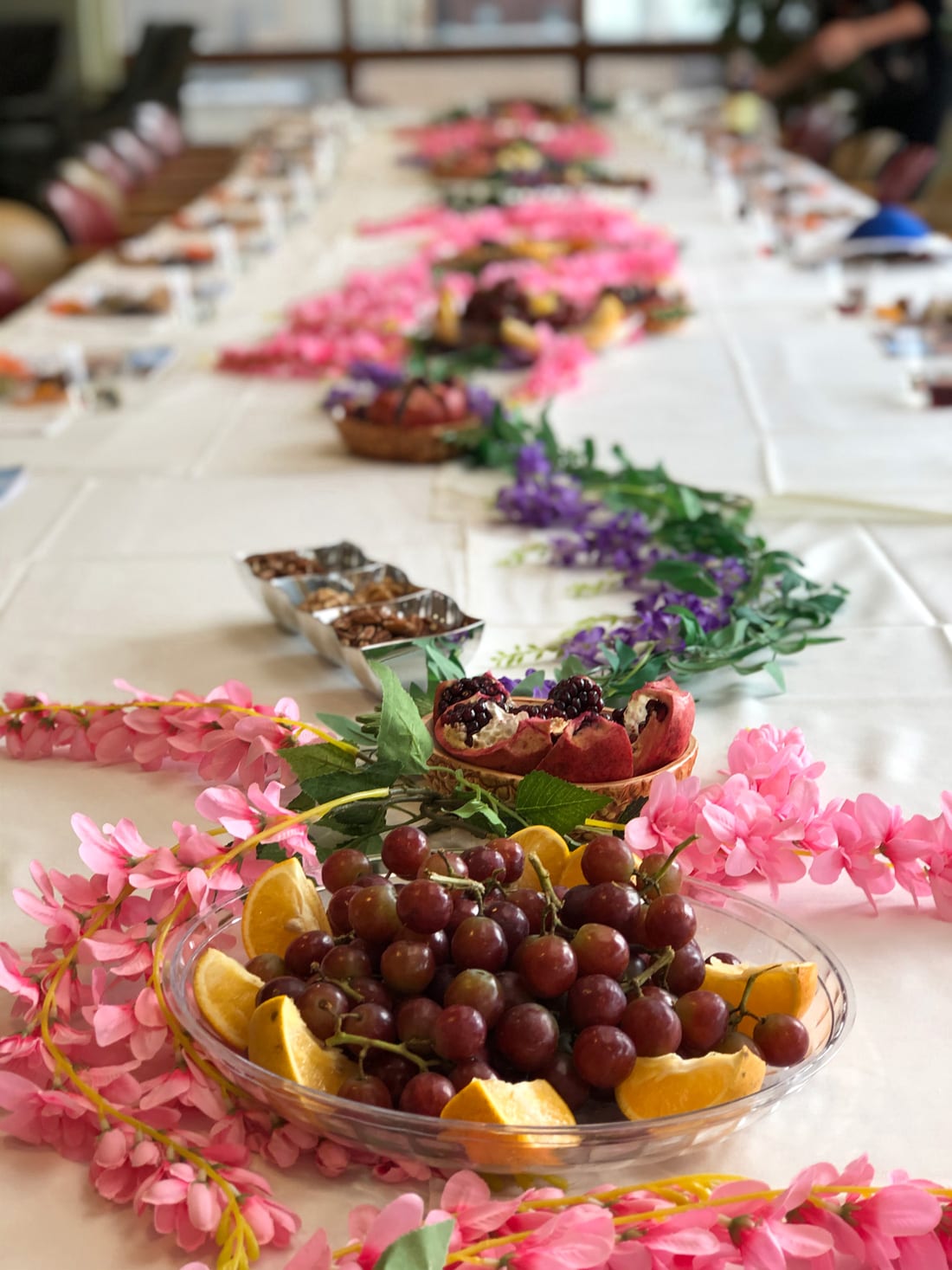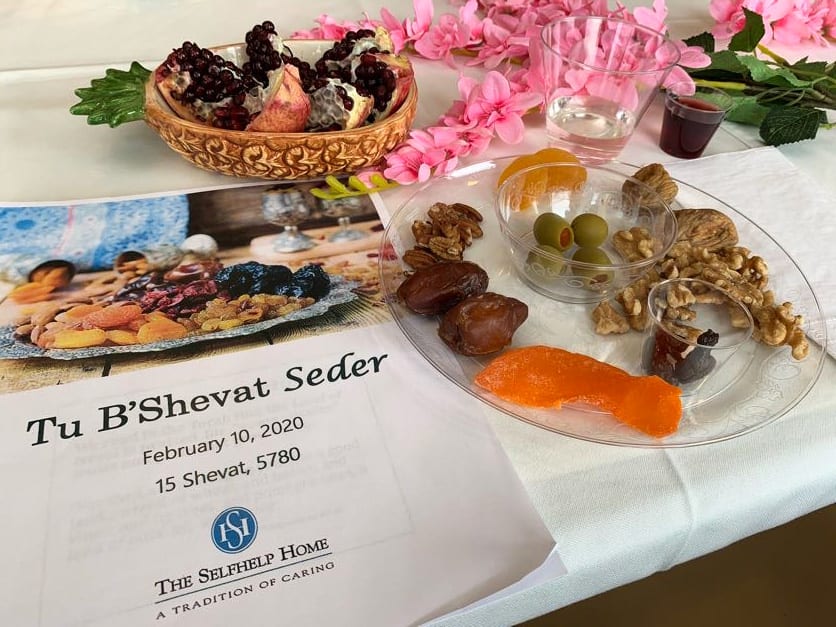Written by Jonathan Schwartz, Selfhelp Home Director of Jewish Life
Tu B’Shvat is a Jewish holiday in the Hebrew month of Shvat that marks the “New Year of the Trees.” Customs include planting trees and eating dried fruits and nuts, especially figs, pomegranates, dates, almonds and carob.
The name Tu B’Shvat is derived from the Hebrew date of the holiday, which occurs on the 15th day of Shvat.
Tu B’shvat’s original purpose was to determine the age of trees in the Land of Israel using a fixed date (a birthday, so to speak) for determining proper tithing. Like most Jewish holidays, Tu B’Shvat is directly tied to the seasons in Israel. We celebrate it when most of the winter rains have passed in Israel and the trees are beginning to bloom.
In modern times, Tu B’Shvat has become a symbol of both Zionist attachment to the land of Israel as well as an example of Jewish sensitivity to the environment. Early Zionist settlers to Israel began planting new trees not only to restore the ecology of ancient Israel, but as a symbol of renewed growth of the Jewish people returning to their ancestral homeland.
For environmentalists, Tu B’Shvat is an ancient and authentic Jewish “Earth Day” that educates Jews about the Jewish tradition’s advocacy of responsible stewardship of God’s creation as manifested in ecological activism. Among them, contemporary versions of the Tu B’Shvat seder, emphasizing both Jewish mysticism and environmentalist concerns, are gaining popularity.



